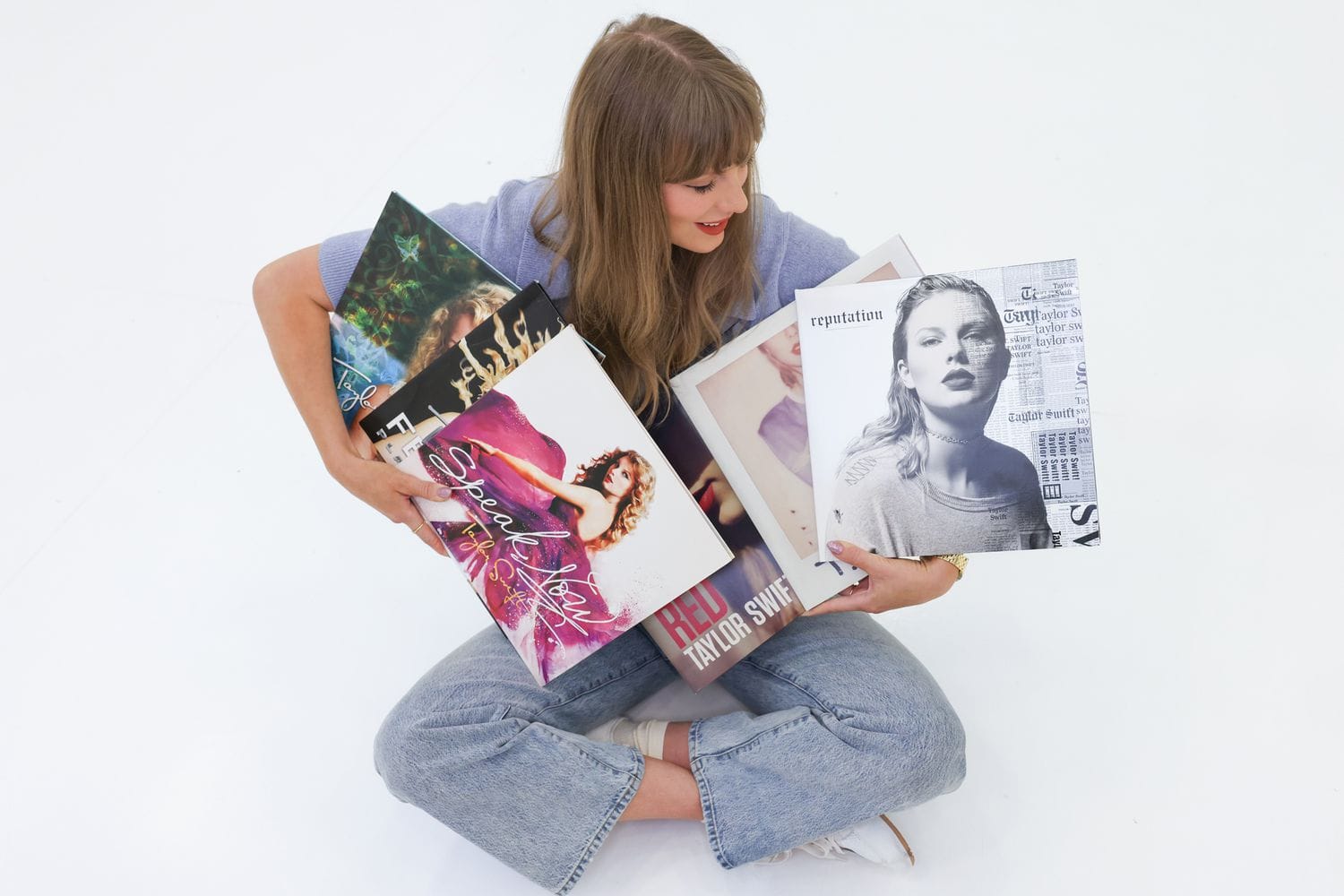Taylor Swift Reclaims Her Masters: A New Era of Artist Control
Taylor Swift regains control of her masters, setting a new precedent in the global music industry for artist ownership and rights.

Taylor Swift Reclaims Her Masters, Transforming the Music Industry
Taylor Swift’s long battle to reclaim her master recordings has finally paid off. After years of disputes with labels and investors, Swift now officially owns the masters of her first six albums, including all associated videos, concert films, artwork, and unreleased tracks. This triumph marks a pivotal moment in the global music industry, serving as a milestone for artists' rights and ownership over their creative works.
The Beginning of Taylor Swift’s Master Dispute
The saga began when the master rights to Swift’s six albums were held by Big Machine Label Group (BMLG), later acquired by Scooter Braun’s Ithaca Holdings. The sale, made without Swift’s approval, sparked worldwide controversy. The master rights then changed hands again, this time to investment firm Shamrock Capital, for over USD 300 million. Swift refused to cooperate due to clauses allowing Braun to continue profiting from the masters.
A Clever Strategy: Re-Recording and Devaluing Old Masters
Not willing to remain passive, Taylor Swift took both legal and creative steps by re-recording all six albums as “Taylor’s Version.” This strategy proved highly effective. Her re-recorded albums soared to the top of global charts, significantly devaluing the commercial worth of the old masters held by Shamrock. The phenomenon demonstrates the power of fan communities and the digital age in shifting the economic value of music assets.
Resolution: Swift Acquires Full Master Rights
After extensive negotiations, Swift finally bought back all her master rights, including every piece of video, film, artwork, and unreleased music. While the exact purchase price is undisclosed, estimates put it above USD 300 million. Swift now fully controls her early works, setting a new industry standard for artist empowerment.

Wide-Ranging Impact on the Music Industry
Swift’s victory is not just a personal win—it establishes a crucial precedent for artist rights worldwide. Inspired by her actions, more musicians are demanding transparency and fairness regarding master ownership. Major labels are now more cautious in managing artist assets, and re-recording has emerged as a new trend. However, this also creates challenges: with two versions of albums on the market, consumers may be confused and values may clash.
Risks if the Issue Remains Unresolved
If master ownership disputes continue unchecked, artists will keep losing control and income from their creations. Losing master rights makes it harder for musicians to manage distribution quality and licensing. Simultaneously, trust in major labels could plummet, more artists may turn indie, and market distortions could grow. The gap between large labels and independent artists will only widen, with few stars able to “fight back.”
Long-Term Effects on the Creative Ecosystem
Without a permanent solution, the music creative ecosystem could stagnate. Artists lose motivation, fan loyalty erodes, and digital innovation—such as NFTs, VR concerts, and AI-driven music—faces major roadblocks. The industry could become mired in lengthy legal disputes, hampering international collaboration. Ultimately, music fans lose out on authentic experiences of their favorite artists’ work.
Turning Point: Regulation and Artist Rights
Taylor Swift’s story has become a rallying symbol for industry reform. Copyright enforcement, contract revision, and artist empowerment must be prioritized. Countries need to update their regulations to match the digital reality. Collaboration among artists, labels, and regulators is essential for creating a fair and innovative music ecosystem.
Swift and the New Era of Music
By reclaiming her master rights, Taylor Swift has proven that artists can transform the music industry. Her victory is not just personal, but a collective push for musicians everywhere to fight for their creations. It’s time for the global music industry to rewrite the rules for a more just, innovative, and dignified future.





Comments ()